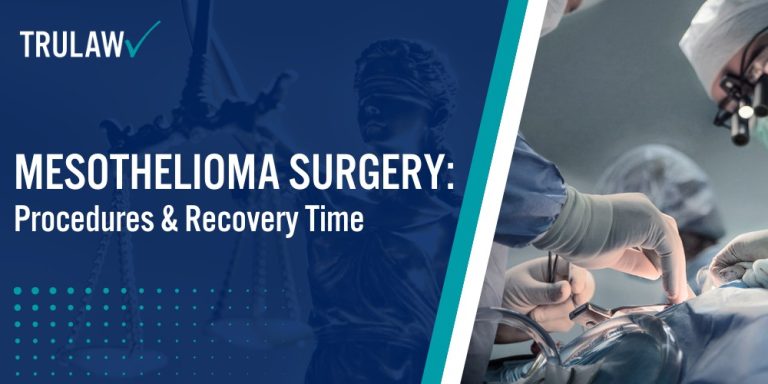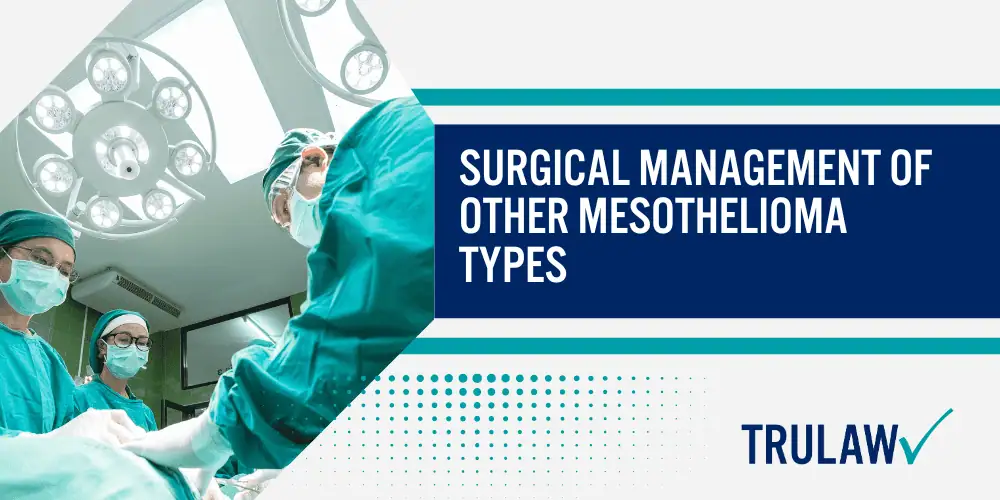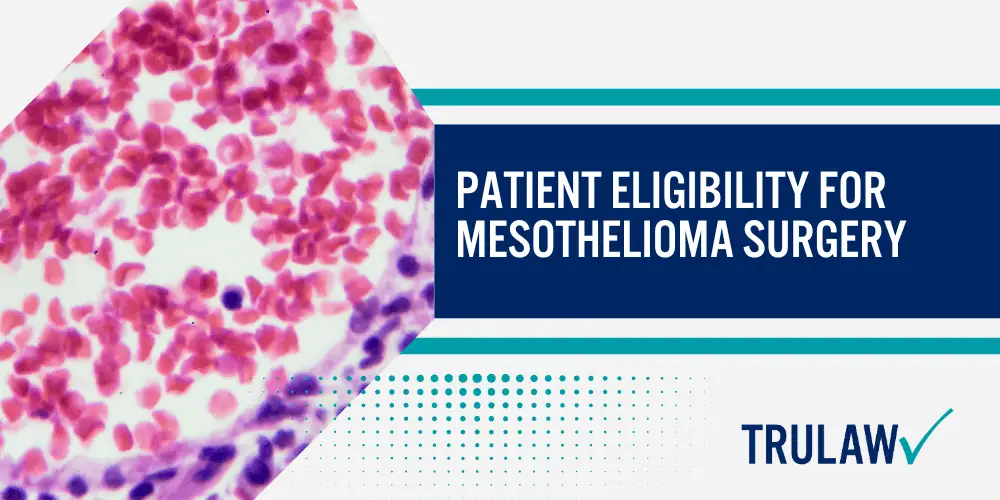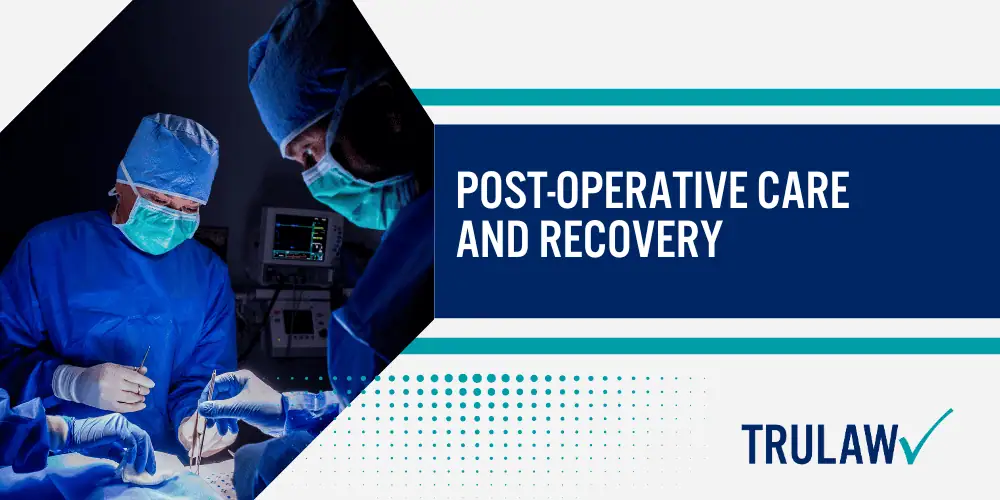Malignant pleural mesothelioma affects the lining of the lungs (pleura) and is the most common form, accounting for approximately 70% of all cases.
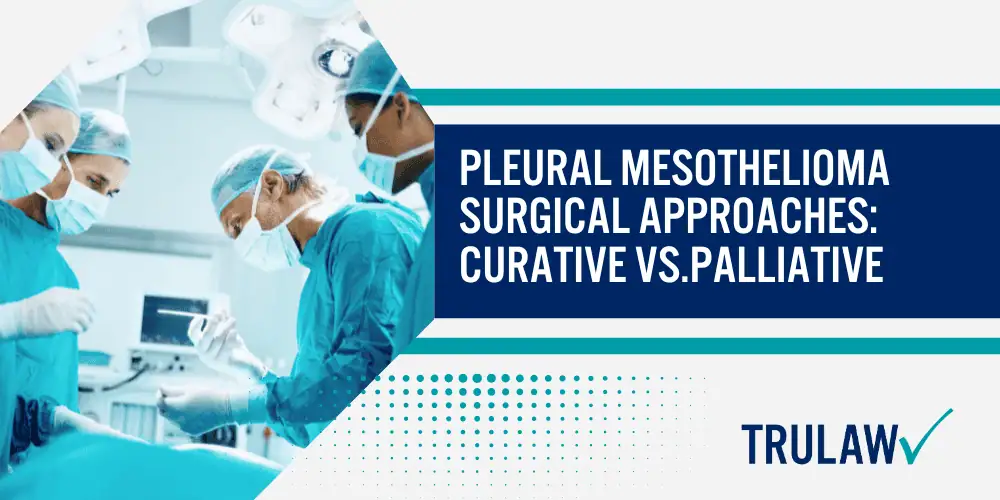
Pleural mesothelioma surgery can be categorized into curative and palliative procedures that target different objectives in the overall treatment plan.
Curative Surgical Options
Curative surgeries aim to remove as much cancerous tissue as possible, extend the patient’s life expectancy, and potentially achieve remission.
These procedures are typically considered for patients diagnosed early and in good overall health.
Patients have several curative surgical options to consider:
- Extrapleural Pneumonectomy (EPP): A radical surgery removing the affected lung, pleura, diaphragm, and pericardium to eliminate cancerous tissues.
- Pleurectomy/Decortication (P/D): A lung-sparing procedure that removes the pleura and visible tumors while preserving lung function.
- Extended Pleurectomy/Decortication (eP/D): An advanced version of P/D that includes the removal of additional tissues for a more thorough tumor resection.
Mesothelioma surgeons can significantly reduce tumor burden and may extend survival times.
However, they are major procedures with considerable risks and recovery times, so patient selection is critical.
Palliative Surgical Techniques
Palliative surgery focuses on relieving symptoms and improving the quality of life rather than attempting to cure the disease.
They are often recommended for advanced-stage mesothelioma patients who may not be candidates for curative surgeries.
Standard palliative surgical techniques help relieve symptoms include:
- Thoracentesis: A procedure that drains excess fluid from the pleural space to alleviate breathing difficulties.
- Pleurodesis: Sealing the pleural space using a sclerosing agent to prevent fluid buildup.
- Pericardial Window: Creating an opening in the pericardium to drain fluid and reduce pressure on the heart.
These procedures enhance patient comfort during the advanced stages of mesothelioma.
While they do not cure the disease, they are vital in improving the patient’s quality of life.
